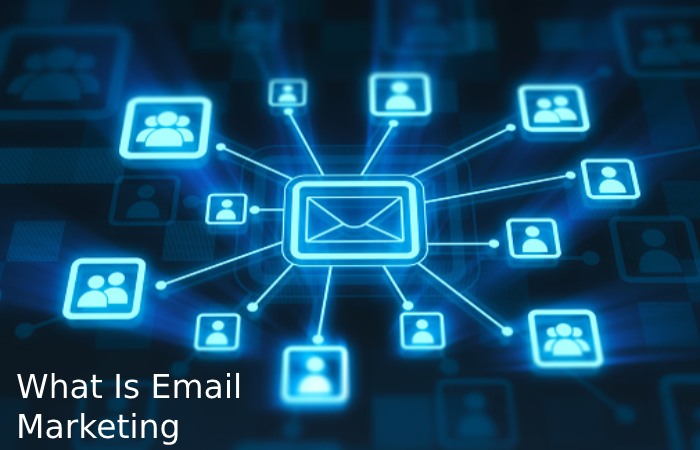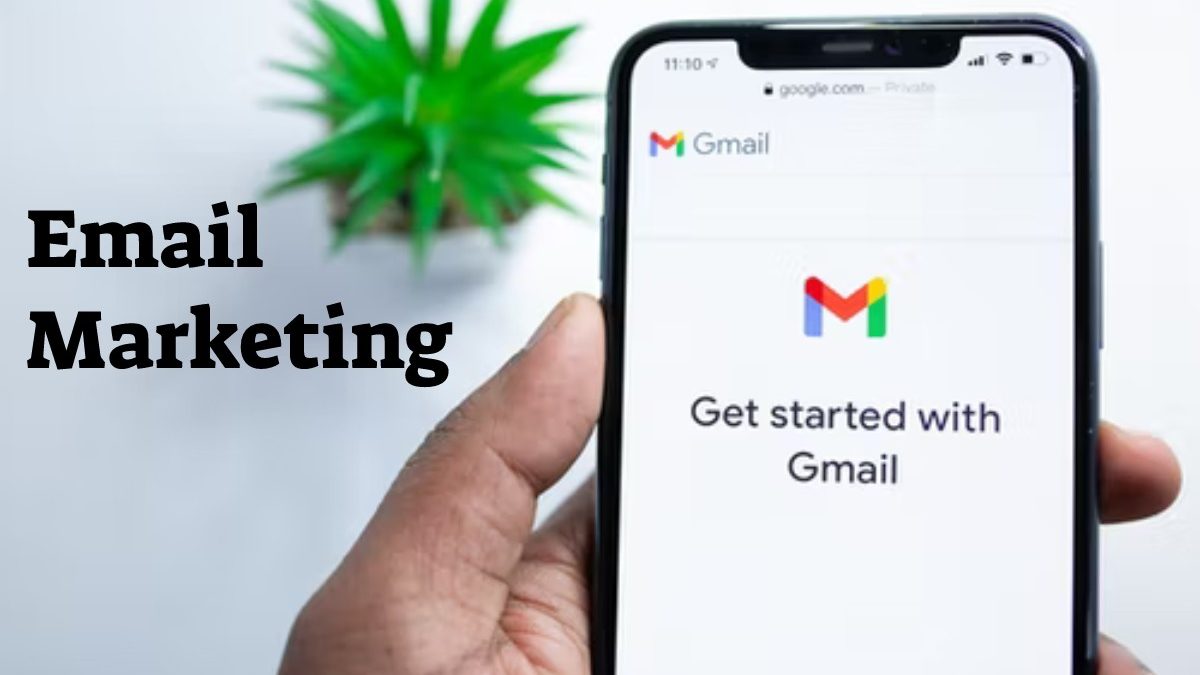Email: It isn’t easy to find companies that are not aware of the growing importance of online commerce. Consumers are increasingly confident in shopping online, and this business segment is growing.
The numbers of online commerce continue to increase and represent a growing percentage of total sales.
The latest verified data published in Spain shows that electronic commerce invoiced 11,999 million euros in the second quarter of 2019. These are official figures published by the National Commission of Markets and Competition, which show a growth of 28.6 % compared to the same period the previous year.
Added to this are the effects of the pandemic, which will predictably increase the percentage of online sales over the total.
Non-essential product and service stores were closed during confinement and have since suffered various restrictions. Instead, it is always possible to buy online. The limits to buying on the street have generated new online consumers and have reinforced the habits of those who already were.
The growth of online commerce highlights the growing importance of digital marketing.
Companies still need to communicate their products and services to as many potential customers as possible. However, to the traditional mechanisms, such as mailing or the gift of merchandising products, there is now a new cast of techniques that allow communication technologies to reach the potential consumer through their mobile or computer.
Table of Contents
What Is Email Marketing?

This is the essence of so-called email marketing, a direct online marketing technique that, if used correctly, can be very profitable for companies.
The definition is simple, and in a certain way, it could seem that it is similar to traditional mailing: it consists of sending emails to the addresses of a contact database, generally with potential clients.
However, email marketing differs from mailing because it is not spam: the goal is always for the consumer to notice the mail they receive. It is also about improving the image and, ultimately, selling the product or service.
This is achieved by taking care of the mail sent, personalizing it, creating segmented databases that allow fine-tuning the content sent to each recipient, and tracking the mail. In short, doing the opposite of spam. We will return to this later.
What Is Email Marketing For?
Social networks, online branding. Google Ads… Today there are endless online marketing techniques.
Email marketing provides a differentiating element for several reasons: communication with the client is fast, direct and allows us to offer an image of closeness.
In Addition To These General Characteristics, Experts Value This Technique For The Following Reasons:
- It is profitable: if used correctly, it offers a very high return with a strategy that adds value. Recipients are interested in the product and may eventually purchase it.
- Show the brand and the product: sometimes, email marketing can reach potential customers unaware of the brand. But email marketing also allows you to offer new products to customers who already know and trust you. In this way, it is a communication channel that, once opened, will bring the company closer to the customer. In this sense, newsletters help recommend new product.
- It’s accessible: Unlike other online tools, email has a very high penetration across all sectors and ages. It is a tool that generates trust and is already establish.
- It’s customizable: Email allows you to speak directly to your audience and establish a direct communication channel without interference. In this sense. You must personalize your email marketing strategies for the reasons we will explain below.
Email Marketing Is Not Spam
One of the great rewards of email marketing is that. With the essential help of a good database, it is a tool that allows you to reach a vast number of potential customers. But as we said before, this is also a danger: if you use email as spam. You will not achieve the expected benefits.
For this motive, you must segment shipments and make selective use of databases. If the people who receive your emails have not previously requested them. You can generate an effect contrary to what you intend.
A good way to evade this is to run your email marketing campaigns on a permission-based system. So that users can register voluntarily. Keep in mind that automated emails can create a bad brand image.
Once you have designed a good campaign. It is recommend that you have an online marketing tool that lets you maximize its benefits.

